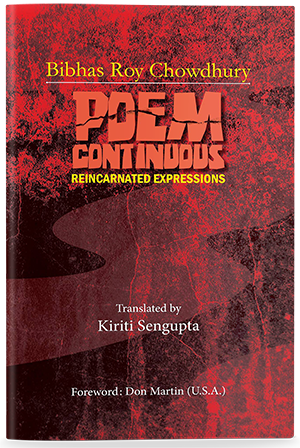
The Partition and the Agony
The Partition and the Agony: contemplating Poem Continuous—Reincarnated Expressions
by Bibhas Roy Chowdhury (translated by Kiriti Sengupta)
In the works of all great poets, we find inevitable references of their private lives with that of what goes on around them—the people, nature, events, and society in general, shares the space with the emotional capacities of the poet. Bibhas Roy Choudhury is one such poet, who with a sense of great duty, upholds this style of writing. To those who are not familiar with Bengali literature, names like Roy Chowdhury’s will not mean much. Still, to those even on the distant periphery of the Bengali literary circles, his is a name instantly recognizable.
Thanks to Kiriti Sengupta, the readers of poetry will have the opportunity of coming across poems of a regional flavor in Poem Continuous: Reincarnated Expressions. The readers who, in the past, would not be able to come across the works of Bibhas Roy Chowdhury will now have access to his poems in the English language.
First published back in 2014 with a handful of 30 poems, the expanded second edition of Poem Continuous has about twenty new poems more, originally written in Bengali by Roy Chowdhury, translated once again by Sengupta. The poems revolve around the experiences of a person who has felt deep trauma from the Partition of India. Since Roy Chowdhury was born in and resides in Bongaon, a town on the West Bengal-Bangladesh border, the reader can sense the agony of being close to one’s roots, yet far from home.
One of many examples can be found in the poem, “The Odor of Being Upset,” which reads as: “A strong dose of poetry, / I pour out for the last time / Into the body of an ancient water.” This can very well be a reference to the Ichamati river that runs through Bangladesh and Bongaon as well. Such is the depth of his poems.
The agony found in Roy Chowdhury’s poems is not only felt in the severe conditions of the Partition or post-Partition life, but also in the psychological upbringing of being born to a family of refugees, the vulnerability of life and livelihood. In “Poets and Poems,” the shock of life itself felt by the burden of being a refugee is expressed through lines like: “I consider myself / a cursed bird / with broken wings, / I will walk by my chest / to reach the line / as the sky ends to meet. / The day passed by.”
In this book, the reader comes across poems about deep personal feuds as well, where the poet remembers relations with a sense of remorse but is stubborn not to term it guilt. In “True and False For My Father,” Roy Chowdhury speaks of his sickly relationship, translated with sensitivity by Sengupta. The most haunting lines read: “My father kept haunting me / in my dreams. / No one remembers him now, / except for me”— a line remarkable in its honesty, and tragic in its reality.
Towards the end of the book, there is an interview of Roy Chowdhury held by none other than the translator himself. In this conversation, the poet notes his dislike for translations of poems, due to their inability to re-create the emotional aspects, but acknowledges the need for translation to reach a wider audience.
“As Leonard Cohen put it so aptly, poetry is just the ash, the evidence of a life burning well.”—reads the first line of a review by Shernaz Wadia for The Fox Chase Review and Reading Series. This sums up the essence of Poem Continuous: Reincarnated Expressions.
Browse Our Catalogue
- Bags2 products
- Bengali179 products
- Fiction40 products
- Journal2 products
- Memoir2 products
- Nonfiction42 products
- Poetry92 products
- English180 products
- Drama1 product
- Fiction27 products
- Journal3 products
- Literary Criticism6 products
- Memoir6 products
- Nonfiction19 products
- Poetry129 products
- Sanskrit1 product
Recent Posts
Recent Comments
Amazing works by our Country’s poets
Excellent compilation. A fabulous snapshot of the poetry scene
Wonderful book, a beautiful collection of poems. The book is a treat for the poetry lovers

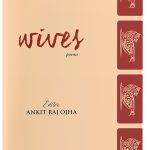
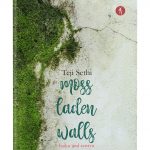
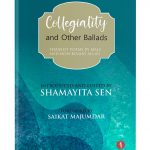
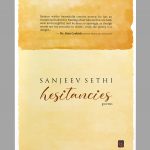
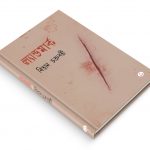
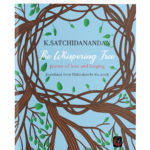
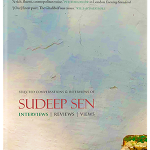
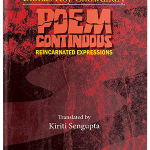
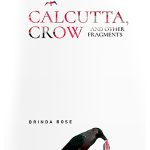
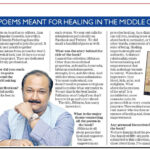
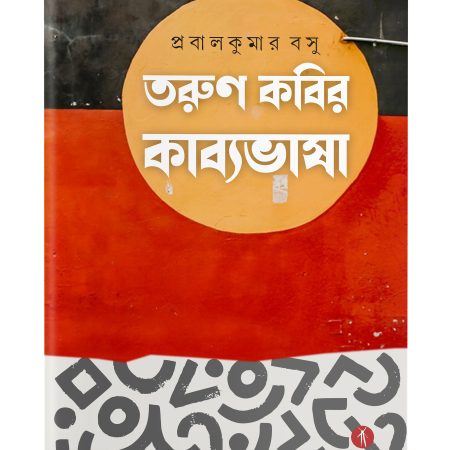
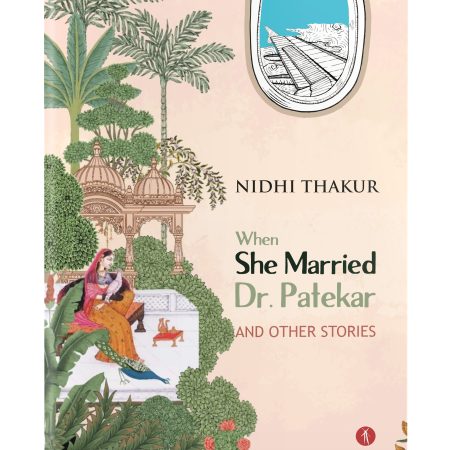
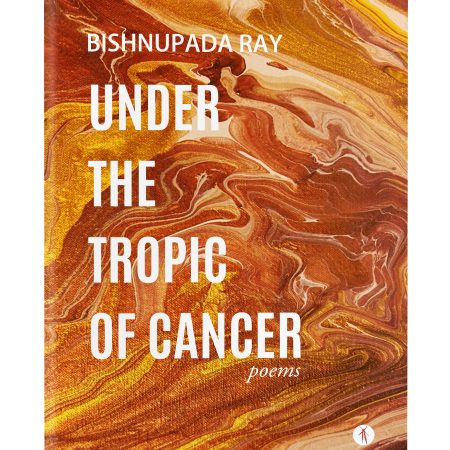
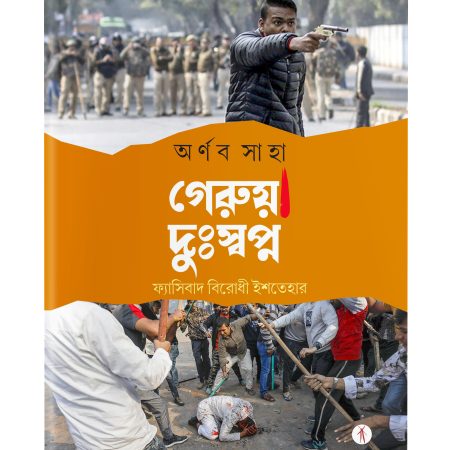
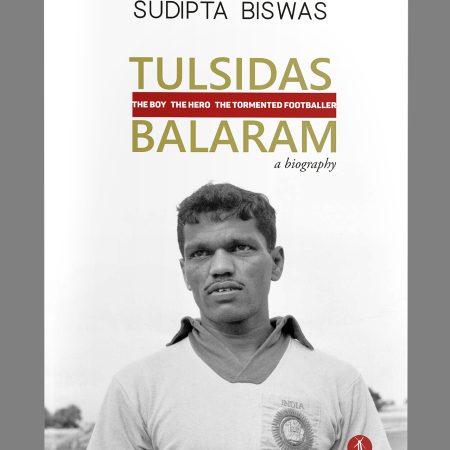
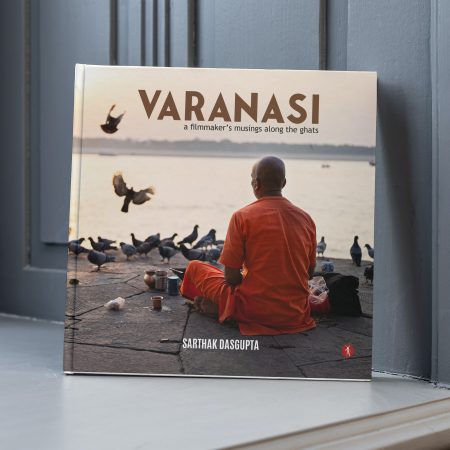
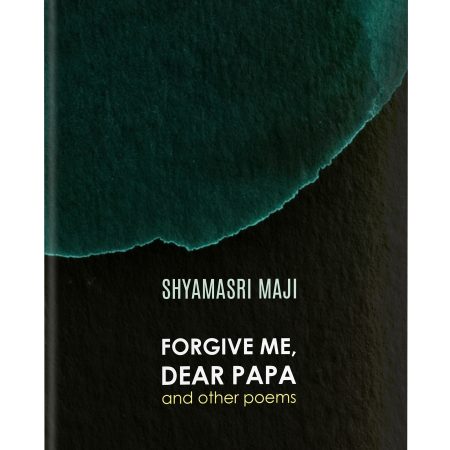
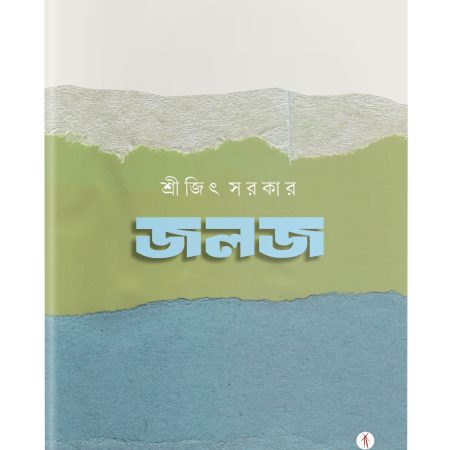
Very good and informative book